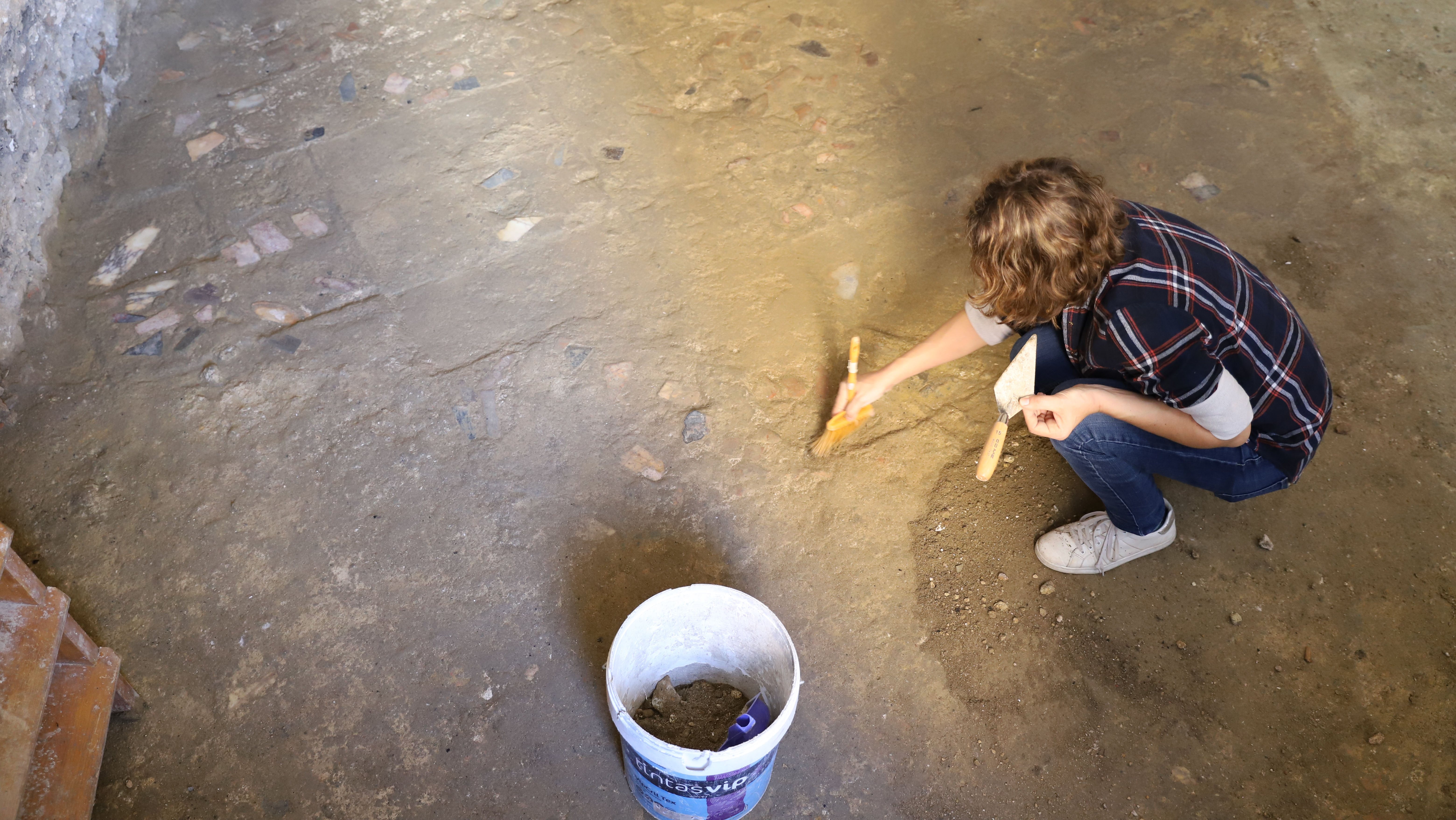The Association of Archaeologists of Portugal (AAP) declares “its perplexity by the haste with which it now seems to want to do” the transfer of powers from the Regional Directorates of Culture (RDC) to the Regional Coordination and Development Commissions (CCDR).
The AAP defends “the constitution of its own departments for cultural heritage and the living arts” and affirms that the transfer, carried out last December, of the powers of the then extinct DRC to the CCDR, “requires above all [uma] wide participation of citizens in general and of the associative movement that represents it in particular”.
“In terms of the legal-constitutional structure that governs us, based on the Basic Law of Portuguese Cultural Heritage, the announced organic reviews must have their prior hearing and their contributions”, expressing the Association “its interest and availability”, in the issued statement.
The archaeologists recall that the “decentralization” process had already been addressed in 2017, “when this issue was discussed in some depth for the last time”, having complained on the occasion that “you had to think first, do later”, and now questioning if it would be “too much to ask [querer] transparency”, having also promoted a public session on “Cultural Heritage and Decentralization”.
The AAP recalls that, on the occasion, it presented a joint formal position with the Portuguese sections of the International Council on Monuments and Sites (ICOMOS-Portugal) and the International Council of Museums (ICOM-Portugal).
“Since 2017 there has not been a consistent public debate on this matter,” stresses the AAP, arguing that “what is at stake requires the greatest weighting of all public entities involved.”
In the ongoing process, the AAP considers it imperative at the CCDR level “to establish their own departments for cultural heritage and the living arts.”
“In this context”, according to the association, it is necessary to “create at least one directorate of cultural heritage services and divisions corresponding to its three main domains: architecture, archeology and museums; the occupation of management positions by specialists in the respective areas and the reinforcement of the technical staff, absolutely guaranteeing their freedom of information and dispatch; the reformulation of the respective regional councils, in order to create sections within them made up of a majority of independent and technically qualified members in each of the areas of cultural heritage, members appointed by universities, research centers and associative movements”.
But this process also implies, in the opinion of the AAP, changes in the scope of action of the General Directorate of Cultural Heritage (DGPC), namely, “the abandonment of most of the formal attributions supposedly inherited from the extinct DRC, so that the present reform does not translate into a much greater administrative centralization, fatally inoperative and therefore counterproductive; the creation of mobile teams in the aforementioned disciplinary areas; the strengthening of the relationship with the communities (scientific and associative) of each sector, that is, reformulating the composition of the corresponding sections of the National Council of Culture, or transferring this competence to an advisory council of the DGPC itself.
The AAP argues that it is “crucial that the ongoing reform be accompanied by a strengthening of the mechanisms that ensure greater transparency. In this sense, all the decisions of the CCDR on patrimonial assets must be able to be scrutinized with full access to the administrative processes”.
“They must also be the object of appeal before the DGPC (and from it before the Government) by the legitimate interested parties and in particular by the associative movement, under the terms of the Cultural Heritage Law and the Popular Action Law ”, adds the Portuguese. archaeologists
The Archeology Workers Union (STArq), last November, also expressed its concern about this transfer process, announced at the time.
In a statement sent to the Lusa news agency, STArq stated that the “transfer of powers from the Regional Directorates of Culture to the CCDR [guardava} diversos problemas”.
Para o sindicato este processo de transferência de competências “aponta para o que julgamos ser uma falsa descentralização, já que as CCDR não reportam a qualquer entidade com membros eleitos diretamente pelos cidadãos no âmbito regional”.
“In this way, they do not manage to bring the State and the citizen closer,” stressed the STArq, adding that, “on the contrary, they transfer powers from a specialized entity to another of a different and more comprehensive nature.”
The trade unionists said that “the different governments have carried out a policy of merging institutes, which has resulted in a huge weakening of the State in the Archaeological Heritage sector.”
“We point out that the merger of the Regional Directorates of Culture with the CCDR does not democratize or increase the effectiveness of the former,” the statement emphasized.
For STArq “it does not seem clear what would be the articulation between the CCDR and the DGPC, and even what role would remain for the latter.”
“The division of powers between both entities suggests a more complex and possibly less effective management and protection of the Archaeological Heritage.”
The union highlighted that “the Regional Directorates of Culture are also in charge of depositing the archaeological remains and guarding the documentation produced in the archaeological interventions.”
“The connection between the Regional Directorates and the DGPC is essential to access the information resulting from archaeological work, specifically through the Archaeologist Portal, which is a database accessible through the Internet and that gathers data from sites and works from all over the country”, finished the STarq.
Source: Observadora
